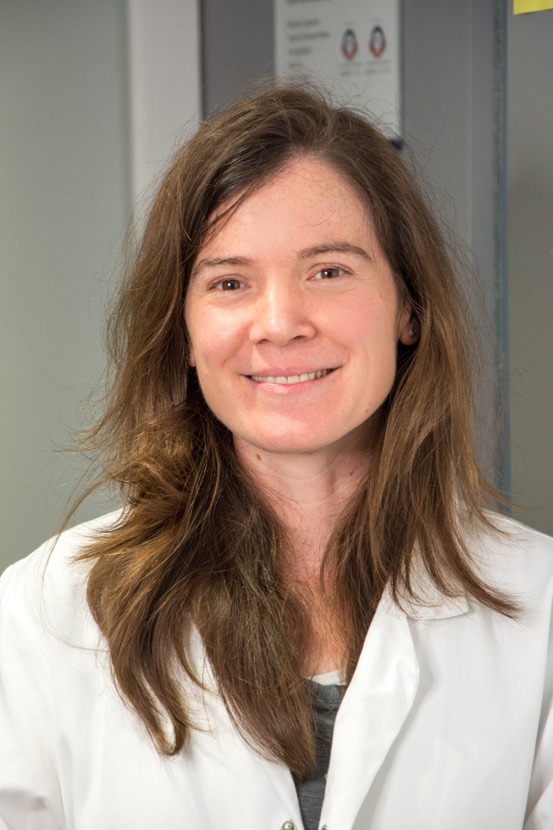
Dr Virginia Echavarri-Bravo
Postdoctoral Researcher
Hi, my name is Virginia Echavarri-Bravo.
I am currently a Research Fellow at the ReliB project (The Faraday Institution) investigating the biorecovery of metals from spent lithium-ion batteries (LIBs) and the production of metal-based nanoparticles using bacteria.
My versatile profile in terms of academic background (MEng Agricultural Engineering. MSc Marine Biodiversity and Biotechnology, PhD Microbiology and Biotechnology) and working experience in industry and academia have contributed greatly to my chosen career path. The research projects I am involved with are intrinsically multidisciplinary (Chemistry, Biotechnology, Nanotechnology, Synthetic Biology) and often require working closely with experts from other academic and industrial fields, and I believe interdisciplinary cooperation is the key to project success and problem solving.
I fully believe that we need to move towards a circular economy in order to ensure that our planet remains habitable for current and future generations. This is one of the main reasons why I am so passionate about taking part in projects tackling issues related to environmental pollution and the valorisation of waste streams.
When I’m not in the lab I love experimenting in my kitchen (with edible samples) as well as exploring the beautiful Scotland by bike.
In my spare time, I love to explore the Scottish landscapes by bike and enjoy their wildlife and history.
Public Abstract
When I joined in the Horsfall Group in June 2015 I started working in the CL4W project where my main duties involve investigating the possible applications of metallic nanoparticles synthesised by bacteria. Afterwards I worked in industry-related projects in the area of lignin valorisation: 1) lignocellulosic materials as a source of platform chemicals and 2) as the uses of lignin as an environmentally friendly anticorrosion agent. Currently I am investigating the biological recycling of metals from spent lithium batteries (LIBs), linked to our work in the ReLiB project. This is one of the Faraday Institution’s Fast Start Projects. We propose to design and engineer bacteria to recover metals from spent lithium ion batteries (LIBs) once reuse is no longer possible. Recovering and recycling metals from LIBs is a must in order to ensure the supply of raw materials to meet the high demand of batteries and to minimise the volume of hazardous waste generated by spent LIBs.
Scientific Abstract
I am currently investigating the biorecovery of metals from spent lithium-ion batteries (LIBs) and the production of metal-based nanoparticles using bacteria. To recycle critical metals such Co, Li and Ni is a must in order to minimize the risks in the supply chain of electric vehicles and other numerous portable electronic devices such as mobile phones and laptops. The incorporation of bio-separation methods in the recycling process may pose a key solution towards the development of greener recycling methods that can take place at relatively low temperatures and do not require the use of hazardous compounds. My research involves the study of the mechanisms responsible for bacterial-metal specificity and the development of processes for enabling the efficient recycling of metals from LIBs leachates at a commercial scale.